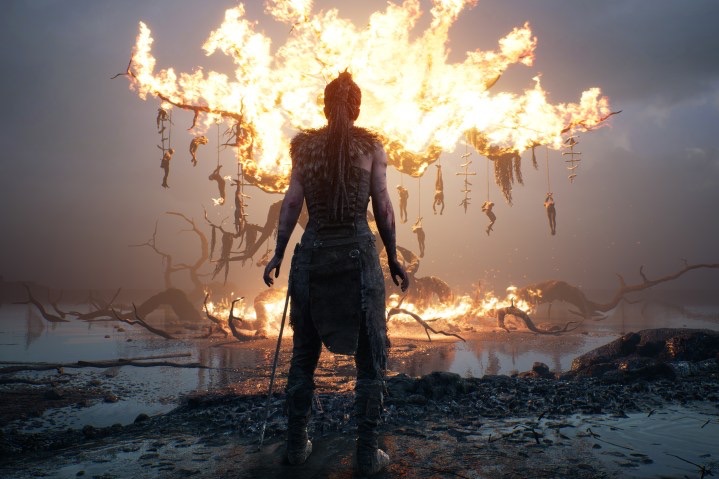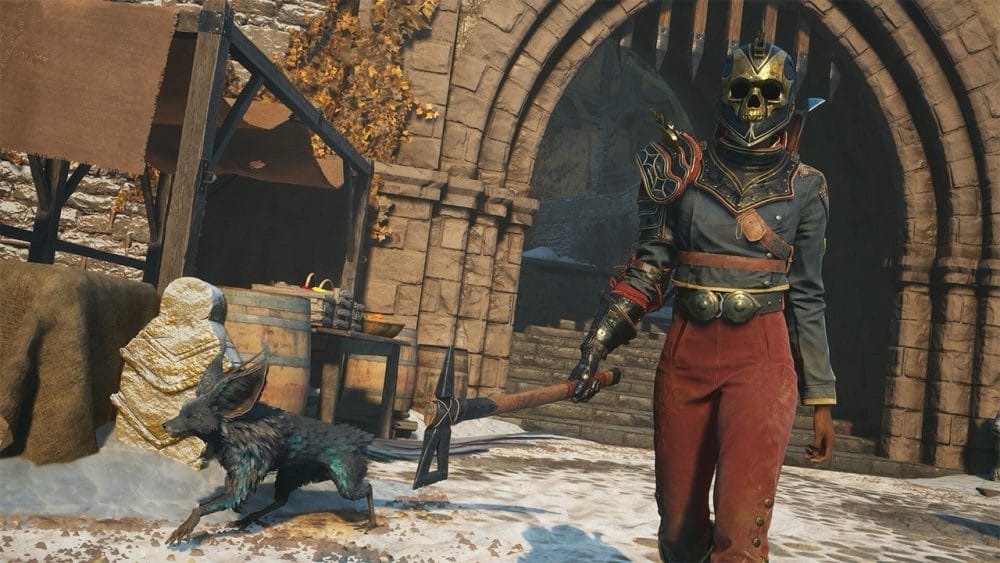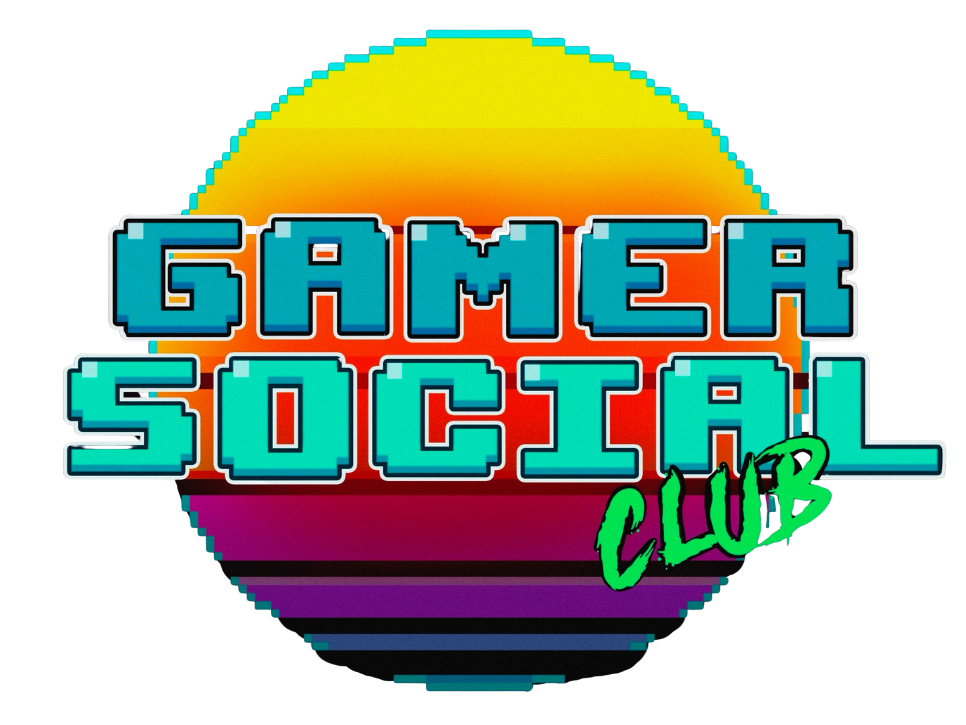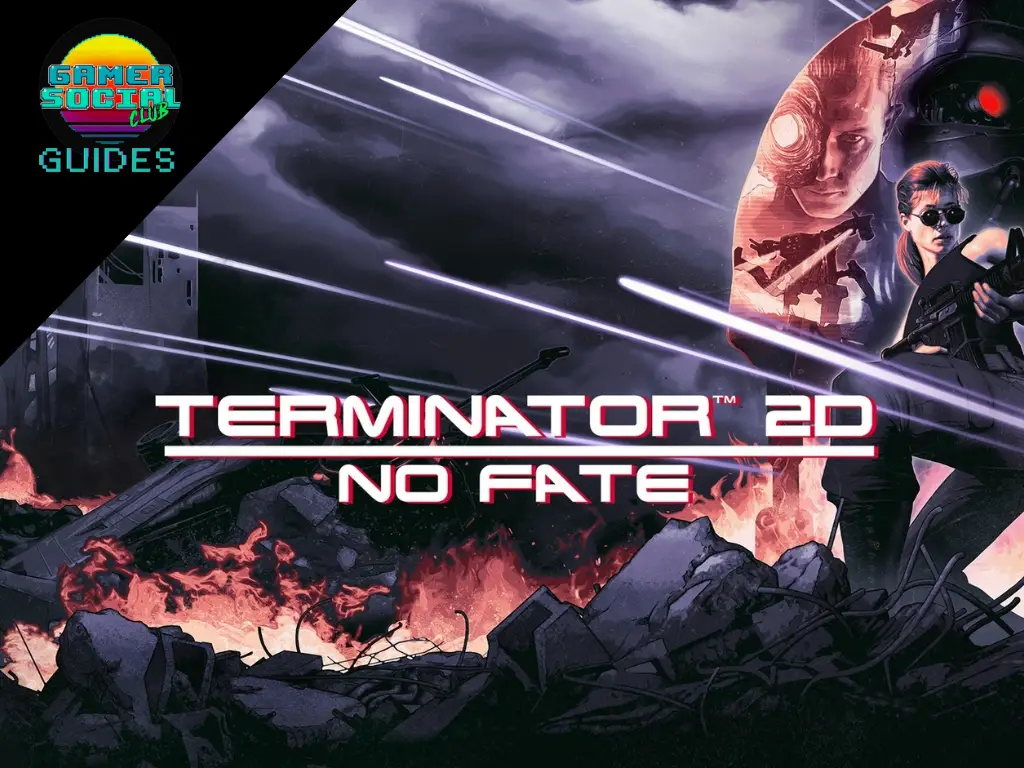If you are a fan of sports or played any, you’ve likely heard the expression “you need to do a better job of starting on time”. Essentially it means that an individual or team typically has a slow start to games. It takes them a bit to get going. Lately this feels like it’s become a bit of a problem with video games as well, and in the world of subscriptions and gamers having more options than ever, it’s becoming more important than ever for a game to “start on time”.
What exactly do I mean by this though? Pretty much every game has a bit of a slow start while teaching gamers the basics, going through a tutorial and setting the story. The problem is when those things either take too long, or aren’t interesting enough to keep people engaged long enough to want to continue. How often have you heard online of from a friend “oh game X gets really good, you just have to get past the first 5 hours”. Remember the discourse about Starfield last year? It gets really good, but the first few hours are a bit of a slog.

Honestly, the amount of people saying that about Starfield are the reason I actually finished it, and ya it did turn out to be pretty good to me. I am not a very big Bethesda Game Studio’s fan, and after the first few hours things just weren’t clicking for me. The story was ok, the combat was fine, it just wasn’t ramping up the intensity quick enough to engage me for the first few hours. I was disinterested for probably the first 6 hours of the game before it finally started to really click.
Two similar games of late are Flintlock: The Siege Of Dawn and Hellblade 2. Flintlock was a struggle the first few hours before really picking up. The last 10 or so hours felt like a completely different game from the first 5 hours. And Hellblade 2 had a very slow first hour or so. At first glance that doesn’t seem like much, but when you are talking about a 6-8 hour game, 1 hour is a lot. Of course this is also a preference thing. While I personally enjoyed what the first hour of Hellblade 2 was doing for the setup of the game, I can totally understand why so many thought it was so slow.
I’m sure there’s many other examples, one of my writers mentioned Magical Delicacy started slow as well, and I’d love to hear some examples in the comments, but these are just a few off the top of my head that I’ve experienced recently.

The Free To Play And Game Pass Effect
Why does this seem more prevalent than years past though? I’m sure plenty of games since the dawn of time have had this problem, and you’d be right in saying that. What has changed though is the landscape of gaming. Free to play and games dropping into subscription services day 1, specifically Game Pass, have made the importance of gripping gamers attention quickly in some ways the most important aspect of a game.
When gamers aren’t as invested in a game with their money, they are far more likely to drop that game than if they had paid for it. Let’s say pre 2015, if you were going to the store and dropping $60 on a game it was because you were interested enough in that game to spend the money. If it did start slow? Well you were more invested in seeing it through. You didn’t want to waste that $60. But now? If you sub to Game Pass you’ve got about 400 games to choose from just from that alone. The beauty of Game Pass and free to play is it lets you try all kinds of games you maybe normally wouldn’t. Don’t’ like it? Move on to something else. No harm no foul, It didn’t cost you anything but your time.

And there within lies the curse of that model. If you ask pretty much any game developer what they want most out of their game, it’s to have as many people as possible enjoy their game. Video games are art, so the more people that enjoy their art the better. But you want people to see all of the game, not just the first couple hours and move on. This is why it’s more important than ever to captivate the audience quickly, especially if on these services or going free to play. Many developers love these services for exactly that, reaching as many people as possible. Now they must figure out the best way to keep those gamers engaged with the game knowing they may not be as invested.
There’s a fine balance that needs to be stricken as well. You can’t have the beginning of your game be the best part as that won’t leave a great impression when gamers get to the end. Like any good piece of storytelling it’s a slow build, but you’ve really got to nail that introduction to get the hooks in.
How developers do that better going forward I’m not sure, but in this generation you can no longer afford to have people saying “just wait til you get further in”. Too many gamers in 2024 will likely move on before ever making it there.





2 Responses
I would like to add that possibly we live in a society that heavily relays on “catch ‘em attitude.†Goes along with social media or TIK/ TOK showing explosive short clips that are being handed out without having to convince us it’s “good.†The Gamepass and PSN + giving out games for free always gives that extra incentive to “stick around for a few hours, cause it’s free†mentality. It’s a bummer but I think if gamers found their niche just to stick with it while having an open mind, gamers could find loads of enjoyment. Especially finding a good reliable resource of gaming entertainment *cough* GAMERSOCIALCLUB *cough*
Great article – I definitely agree that, if a game doesn’t capture someone’s attention within the first fifteen minutes, it’s very likely in modern gaming they’re gonna move onto something else.